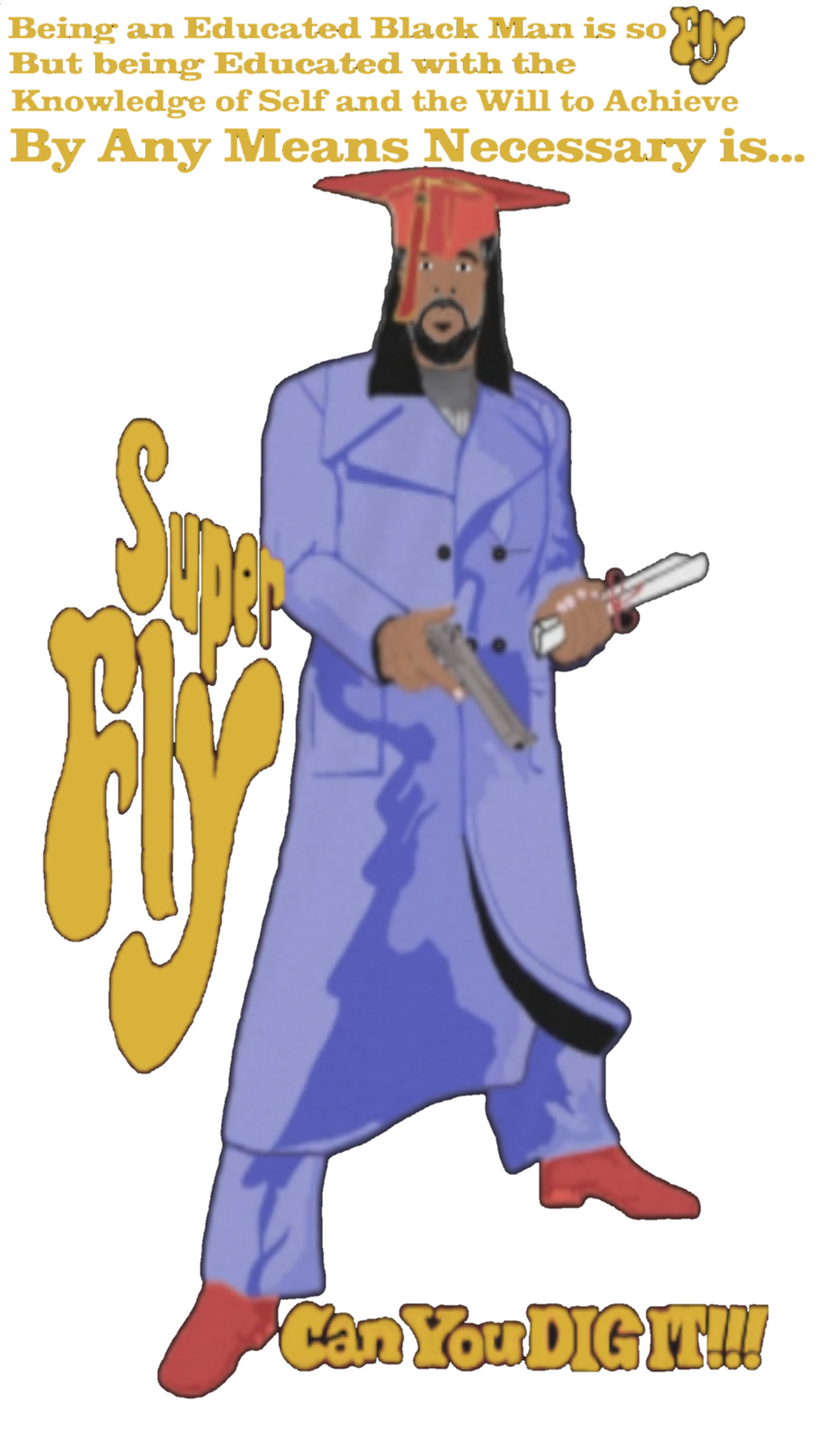Have We Forgotten? Uncovering Untold Truths of Black History in America
- noneedtorush333

- Nov 2, 2024
- 4 min read
Updated: Jul 13, 2025
Understanding American history requires us to confront uncomfortable truths. Beneath the surface lies painful evidence of slavery, the oppression of Indigenous peoples, and the resilience of their descendants. Although time has passed, these histories remain vital narratives. They shape the lives of Indigenous communities today. As we reflect on the past, we acknowledge that the memories of the formerly enslaved and their families are enduring. They act as a vital link to history that must be honored.
Our journey through these overlooked truths encourages us to unite as a culture, amplifying our voices for a brighter future.
Acknowledging the Atrocities of Slavery
Slavery represents one of the darkest chapters in the American narrative. More than 12 million Africans were forcibly taken from their homes and transported across the Atlantic Ocean under cruel conditions. This journey, known as the Middle Passage, was horrifying: an estimated 15-20% of those on board did not survive the trip. With that being a problem, the new European Settlers simply began enslaving the Indigenous People of the new land that they had claimed to have discovered. Hard to imagine right, how many of you remember the movie 12 Years a Slave. https://www.youtube.com/watch?v=o1d24S_mN8M Enslaved people faced brutal labor, psychological torment, and the constant threat of family separation. These are facts and I can only imagine how many Solomon Norths faced this fate, if you haven't seen the movie, I advise you to take a look at a part of American History and let us not forget that these events are part of our history.
And yet despite these horrors, the resilience of Indigenous Americans shines through. And yes, I said Indigenous Americans because my lineage can be traced back on my mother's family tree to parts of the Oklahoma Territory. Africans had long ago sailed the oceans and established settlements in the so-called Americas long before Christopher Columbus was even born. So, understand that I am of African descendant, the original Indigenous People of this land, a descendant of the Moors. You see some of you really believe that all slaves came from Africa when that is not the case. All it takes is a little research on your part and you will come to realize the truth about slavery and the early American Settlers.
Reflecting on the plight of enslaved People reveals the urgency to also recognize the injustices faced by Indigenous peoples. When European settlers arrived, they sought land and resources, often resulting in violence and oppression. The impact was devastating.
By the late 1800s, Indigenous American populations had plunged by 90% due to wars, disease, and displacement. As treaties were broken, cultures faced erasure, leaving for many a fragmented heritage.
Today, the effects of this colonization resonate in contemporary issues, from land disputes to preservation of culture. Just as Indigenous American history bears witness to struggle and survival, Indigenous history speaks to resilience in the face of ongoing challenges. These narratives must be integral to our collective understanding.
As we ponder these painful histories, we see that forgetting is not an option. The descendants of enslaved individuals and Indigenous peoples carry histories demanding recognition. Their stories encapsulate an array of experiences, from challenges to remarkable triumphs.
The saying "memory like an elephant" illustrates how deep cultural identities survive through generations. Families pass down traditions, from oral histories to annual celebrations. For instance, community gatherings, such as Juneteenth, reflect on freedom and resilience, creating connections to the past.
To keep these stories alive, education is crucial. Education systems must include comprehensive curricula that honor these histories. Open dialogues and dedicated spaces for these discussions can foster empathy and understanding.
Memory is deeply connected to community. Togetherness fosters pride and resilience. Strong community ties empower individuals to reclaim their narratives.
Cultural expressions can solidify these connections. Whether it's celebrating festivals honoring Black heritage, shared experiences fuel belonging. Each person’s contribution enriches the larger story.
To turn these memories into action, we must engage actively. Supporting local initiatives and advocating for policy changes are vital. Participation in discussions around reparations and cultural recognition fosters connections and drives change.
Taking Steps Forward
Recognizing our past is only a first step; we must consider how these histories shape contemporary society. Acknowledging injustices is a starting point for advocating for justice, equity, and reconciliation.
Understanding the impact of systemic oppression enables us to work toward healing. It is essential to engage in conversations around reparations and cultural restoration. Supporting Black voices, including artists and historians, helps keep these vital stories prominent in society.
Let’s broaden our lens; tackling racism, colonialism, and inequality requires an intersectional approach. Each issue is intertwined, and we can work toward resolution collaboratively.
At the heart of these narratives lies a shared humanity. Our stories, while different, all resonate with themes of pain, growth, and love. Engaging with these histories allows us to create spaces for healing and understanding.
Conversations that honor historical contributions are essential. All stakeholders—organizations, educators, and individuals—play a role in driving this dialogue. The responsibility to uplift these narratives is shared collectively.
In our ongoing discussions about race and identity, truth-telling is essential. "Have We Forgotten?" is not just a question; it is a call to action, prompting us to confront the legacies of slavery and colonization that persist today.
Remembering these truths shapes our future. As we uplift marginalized voices, we learn from the struggles of the past. Through this unity, we can nurture relationships that promote equity and justice.
Let us honor the past by cherishing every story. As we move forward together, we aim to build a society that reflects our shared humanity. So, let's engage, remember, and create a future rooted in understanding and compassion for all.








Comments